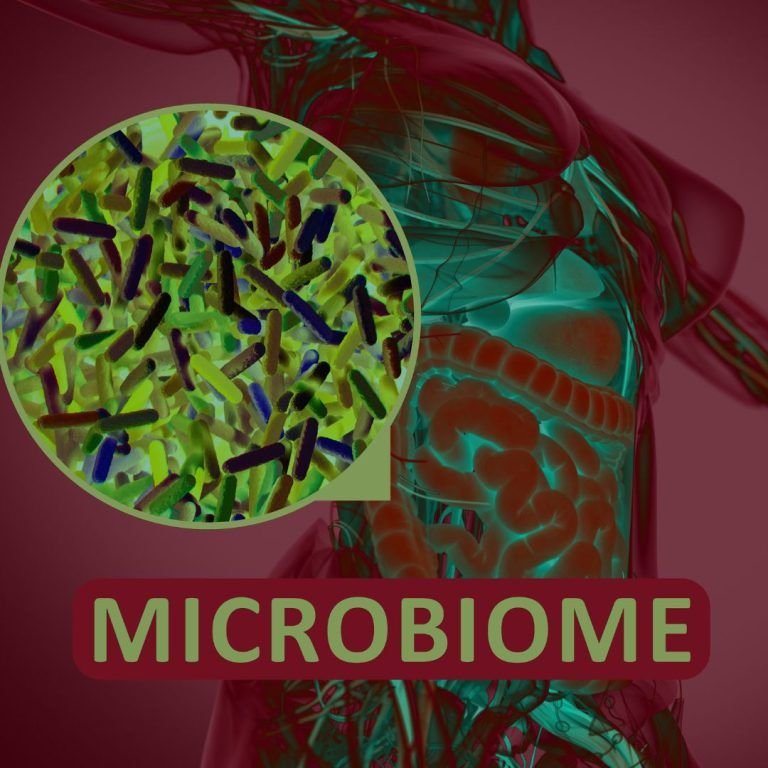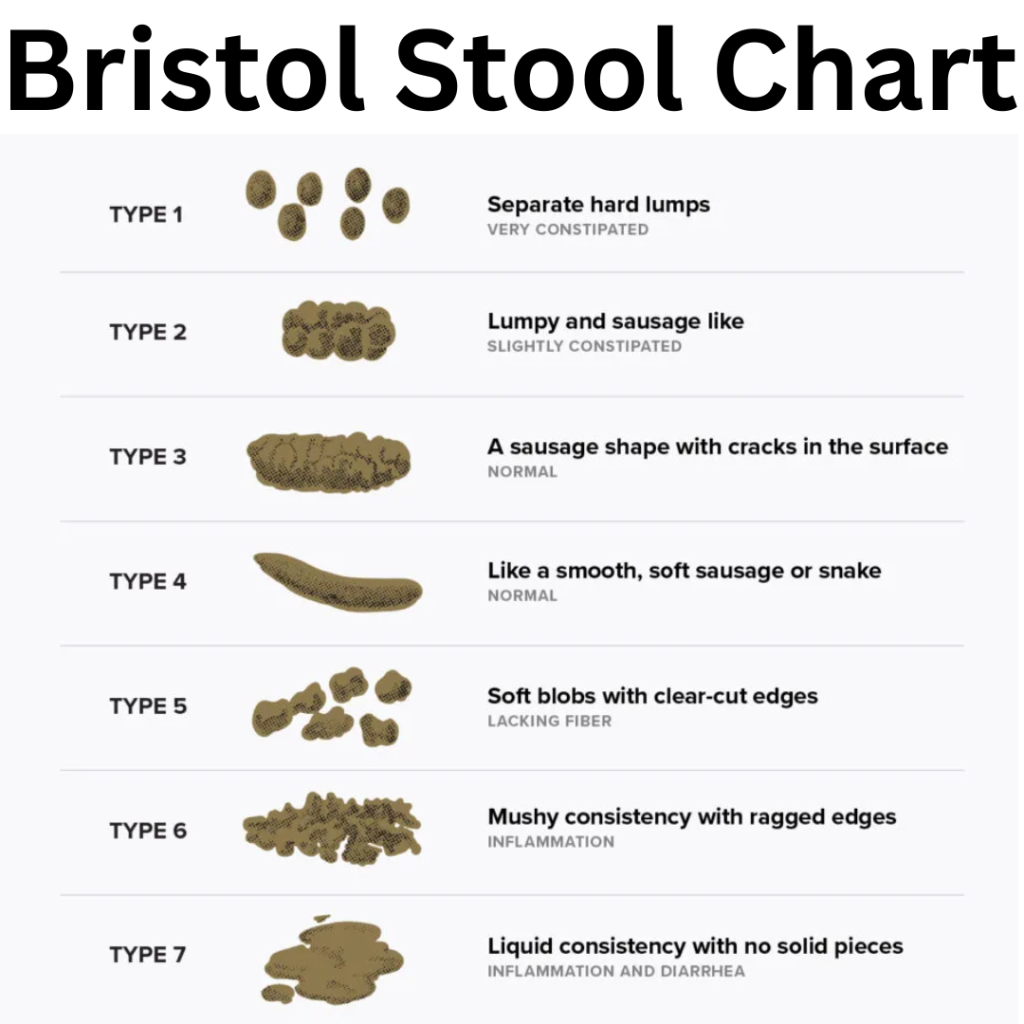
Poop & Weight Loss/Gain: How Your Bowel Health Impacts Your Scale
Your scale isn’t measuring fat — it’s measuring what your gut hasn’t let go of. Hidden stool retention, slow motility, and gut bacteria can quietly

Home » The Connection Between Pooping and Gut Health
Gut health has become a buzzword in wellness circles, and for good reason. It’s the foundation of our overall health, influencing everything from digestion to immunity and even mood. But how do we really know if our gut is healthy? Surprisingly, one of the most telling indicators is something most people would rather not discuss: poop.
Your bowel movements provide a wealth of information about what’s happening inside your body. By paying attention to the frequency, consistency, color, and even smell of your stool, you can gain valuable insights into your digestive health. In this comprehensive guide, we’ll dive deep into the fascinating world of gut health, exploring how what happens in your gut affects your poop, and how your poop, in turn, reflects the state of your gut. By the end of this post, you’ll not only understand why gut health is critical but also be equipped with practical tips to improve it, leading to better digestion, enhanced overall health, and, yes, better poops.
Gut health refers to the balance and function of microorganisms that live in the digestive tract. These microorganisms, collectively known as the gut microbiome, play a crucial role in digesting food, absorbing nutrients, and protecting against harmful bacteria and viruses. A healthy gut maintains a harmonious balance of these microorganisms, supporting not just digestion but also immune function, mental health, and even heart health.
The Microbiome: This complex community of bacteria, fungi, viruses, and other microorganisms is essential for breaking down food, synthesizing vitamins, and regulating the immune system. A diverse and balanced microbiome is a hallmark of good gut health.
The Gut Lining: The lining of your gut acts as a barrier, selectively allowing nutrients to pass into your bloodstream while keeping harmful substances out. A healthy gut lining prevents leaky gut syndrome, where toxins and partially digested food particles escape into the bloodstream, potentially triggering inflammation and other health issues.
The Digestive Process: A well-functioning digestive system ensures that food is broken down efficiently, nutrients are absorbed effectively, and waste is excreted regularly.
A healthy gut is essential for overall well-being. It impacts various aspects of health, including:
Digestion: A balanced gut microbiome aids in breaking down food and absorbing nutrients. It also helps regulate bowel movements, ensuring that waste is expelled efficiently.
Immunity: About 70% of the immune system resides in the gut. A healthy gut microbiome supports immune function by preventing harmful pathogens from taking hold and by producing antimicrobial substances.
Mental Health: The gut-brain axis, a communication network between the gut and the brain, plays a significant role in mood regulation. A healthy gut produces neurotransmitters like serotonin, which contribute to feelings of well-being.
Metabolism and Weight Management: Gut bacteria influence how we metabolize food, affecting our ability to gain or lose weight. A healthy gut can improve metabolism and support weight loss efforts.

To understand how your gut health affects your bowel movements, it’s essential to grasp the basics of the digestive process.
Ingestion: The process begins when you eat food. Chewing breaks down food into smaller pieces, mixing it with saliva, which contains enzymes that start the breakdown of carbohydrates.
Stomach: The chewed food then moves to the stomach, where it is mixed with gastric juices. These acids and enzymes break down proteins and kill harmful bacteria. The resulting mixture, called chyme, is slowly released into the small intestine.
Small Intestine: In the small intestine, bile from the liver and enzymes from the pancreas further break down the food. This is where most nutrient absorption occurs. The nutrients pass through the gut lining and into the bloodstream.
Large Intestine (Colon): The remaining indigestible food and waste products move into the large intestine. Here, water is absorbed, and the waste is compacted into stool. The gut microbiome in the colon plays a crucial role in breaking down any remaining food particles, producing gases and short-chain fatty acids that are essential for colon health.
Excretion: The final step of digestion is the excretion of waste. The stool is pushed through the rectum and expelled from the body through the anus during a bowel movement.
The gut microbiome is more than just a passive inhabitant of your digestive system; it’s an active participant in digestion. It helps break down complex carbohydrates, fiber, and other substances that your stomach and small intestine can’t fully digest. In doing so, the microbiome produces beneficial compounds like short-chain fatty acids (SCFAs), which nourish the cells lining your colon, reduce inflammation, and support immune function.
A healthy, diverse microbiome also protects against harmful bacteria by outcompeting them for resources and producing antimicrobial substances. Conversely, an imbalanced microbiome, often due to poor diet, stress, or antibiotics, can lead to digestive problems, inflammation, and a host of other health issues.

Your poop is more than just waste; it’s a reflection of your digestive health. Understanding the characteristics of your bowel movements can provide insights into your gut health.
The Bristol Stool Chart is a medical tool used to classify stool into seven categories based on its shape and consistency. It helps to identify patterns in bowel movements and can indicate potential digestive issues.
Type 1: Separate hard lumps, like nuts (difficult to pass)
Type 2: Sausage-shaped but lumpy
Type 3: Like a sausage but with cracks on the surface
Type 4: Like a sausage or snake, smooth and soft
Type 5: Soft blobs with clear-cut edges (easy to pass)
Type 6: Fluffy pieces with ragged edges, a mushy stool
Type 7: Watery, no solid pieces (entirely liquid)
While “normal” varies from person to person, most people have bowel movements anywhere from three times a day to three times a week. What’s important is consistency and recognizing what’s normal for your body. A sudden change in frequency, whether an increase or decrease, can indicate a problem.
While poop never smells pleasant, an unusually foul odor can be a sign of an underlying issue:
Your gut health is shaped by a variety of factors, many of which are within your control.
What you eat plays a crucial role in the health of your gut microbiome. Here’s how different components of your diet can impact your gut health:
Fiber: Fiber is the fuel for your gut bacteria. It helps to bulk up your stool and promotes regular bowel movements. There are two types of fiber: soluble (found in oats, beans, and fruits) and insoluble (found in whole grains, nuts, and vegetables). Both are essential for gut health, but soluble fiber is particularly important because it ferments in the colon, producing short-chain fatty acids that nourish the gut lining and reduce inflammation.
Probiotics: These are live beneficial bacteria that can be found in fermented foods like yogurt, kefir, sauerkraut, and kimchi. Probiotics help maintain a healthy balance of gut bacteria, which can improve digestion and boost immune function.
Prebiotics: Prebiotics are non-digestible food components, such as inulin and resistant starch, that promote the growth of beneficial bacteria. They are found in foods like garlic, onions, bananas, and asparagus.
Hydration: Water is essential for digestion. It helps break down food and facilitates the absorption of nutrients. Proper hydration also softens stool, making it easier to pass.
Sugar and Processed Foods: Diets high in sugar and processed foods can lead to an overgrowth of harmful bacteria and yeast, disrupting the balance of the gut microbiome. This imbalance can cause inflammation, digestive problems, and even affect your mood.
Alcohol: Excessive alcohol consumption can damage the gut lining, leading to leaky gut syndrome and disrupting the balance of gut bacteria.
Caffeine: In moderation, caffeine can stimulate bowel movements. However, too much caffeine can lead to dehydration and negatively impact gut health.
Beyond diet, several lifestyle factors can influence your gut health:
Exercise: Regular physical activity promotes regular bowel movements by stimulating intestinal contractions. It also helps maintain a healthy weight, which is beneficial for gut health.
Stress Management: Chronic stress can disrupt the gut-brain axis, leading to digestive problems like IBS. Stress management techniques, such as mindfulness, yoga, and deep breathing, can help maintain a healthy gut.
Sleep: Poor sleep can disrupt the balance of gut bacteria, leading to digestive issues. Aim for 7-9 hours of quality sleep per night to support gut health.
Medications: Certain medications, particularly antibiotics, can disrupt the gut microbiome by killing beneficial bacteria. If you need to take antibiotics, consider taking probiotics as well, to help restore your gut flora.
Smoking: Smoking negatively impacts gut health by altering the balance of bacteria in the gut and increasing the risk of inflammatory bowel disease (IBD).
Environmental Factors: Exposure to toxins and pollutants can affect gut health. Limiting your exposure to these substances and eating organic foods when possible can help protect your gut.

Now that you understand the factors that influence gut health, let’s explore practical steps you can take to improve it, leading to better digestion and more regular, healthy bowel movements.
Increase Fiber Intake: Aim for at least 25-30 grams of fiber per day from a variety of sources, including fruits, vegetables, whole grains, legumes, and nuts.
Incorporate Probiotic-Rich Foods: Include fermented foods like yogurt, kefir, sauerkraut, and kimchi in your diet to boost your intake of beneficial bacteria.
Add Prebiotic Foods: Support your gut bacteria by consuming foods rich in prebiotics, such as garlic, onions, leeks, asparagus, bananas, and whole grains.
Stay Hydrated: Drink plenty of water throughout the day to aid digestion and prevent constipation. Aim for at least 8 glasses (64 ounces) of water per day, more if you’re active or live in a hot climate.
Limit Sugar and Processed Foods: Cut back on sugary snacks, sodas, and highly processed foods that can disrupt your gut microbiome.
Moderate Alcohol and Caffeine: Enjoy alcohol and caffeinated beverages in moderation to avoid negative impacts on your gut health.
Consider Supplements: If you struggle to get enough probiotics or prebiotics through food, consider taking a high-quality supplement.
Incorporate regular physical activity into your routine to promote healthy digestion. Aim for at least 150 minutes of moderate exercise or 75 minutes of vigorous exercise per week. Activities like walking, cycling, swimming, and yoga are particularly beneficial for gut health.
Managing stress is crucial for maintaining gut health. Here are some effective strategies:
Mindfulness Meditation: Practice mindfulness meditation to reduce stress and improve your gut-brain connection.
Yoga: Incorporate yoga into your routine to relax your body and mind while also promoting healthy digestion.
Breathing Exercises: Try deep breathing exercises to calm your nervous system and reduce stress.
Adequate Sleep: Prioritize sleep by establishing a consistent bedtime routine and creating a restful sleep environment.
While many gut health issues can be managed through diet and lifestyle changes, some symptoms require medical attention. Consult a healthcare professional if you experience:
With so much information available, it’s easy to fall for myths and misconceptions about gut health. Let’s debunk some common myths:
While it’s commonly believed that you should have a bowel movement every day, normal bowel habits can range from three times a day to three times a week. What’s important is what’s normal for you and whether there are any significant changes in your pattern.
Not all probiotics are created equal. Different strains of bacteria have different effects on the body, so it’s important to choose a probiotic supplement or food that’s right for your specific needs.
Fiber is important for everyone, not just those with constipation. It helps regulate bowel movements, supports a healthy gut microbiome, and can even lower the risk of certain diseases.
Not all fats are bad for gut health. Healthy fats, such as those found in olive oil, avocados, and nuts, can support a healthy gut. However, trans fats and excessive saturated fats can harm the gut microbiome.
Gut health affects far more than just digestion. It plays a role in immune function, mental health, skin health, and even weight management.

Your gut health is a cornerstone of your overall well-being, and your bowel movements are one of the most telling signs of how your gut is functioning. By understanding the digestive process, recognizing what’s normal for your body, and making informed choices about your diet and lifestyle, you can take control of your gut health and, in turn, improve your overall quality of life.
Remember, small changes can make a big difference. Start by incorporating more fiber and probiotic-rich foods into your diet, staying hydrated, managing stress, and getting regular exercise. Pay attention to your body’s signals, and don’t hesitate to seek medical advice if something doesn’t feel right.
Take charge of your gut health today by keeping track of your bowel movements and making simple lifestyle changes to support a healthy gut. If you notice any significant changes in your bowel habits, consult a healthcare professional for personalized advice.
Share your gut health journey with us in the comments below! What changes have you made to improve your gut health, and how have they affected your overall well-being? Let’s learn and grow together.

Your scale isn’t measuring fat — it’s measuring what your gut hasn’t let go of. Hidden stool retention, slow motility, and gut bacteria can quietly

Your poop is a real-time report card on your gut health—and most people are ignoring it. From color changes to weird shapes to the clues

Wheat isn’t the villain—it’s the kind of wheat that’s wrecking your gut. From ancient grains to modern hybrids, discover how today’s wheat triggers inflammation, worsens

Your gut isn’t just digesting food—it’s controlling your hunger, energy, and even how fast you burn fat. Inside you is a powerful hormone called GLP-1,

Happy Poops.
What about your friends?